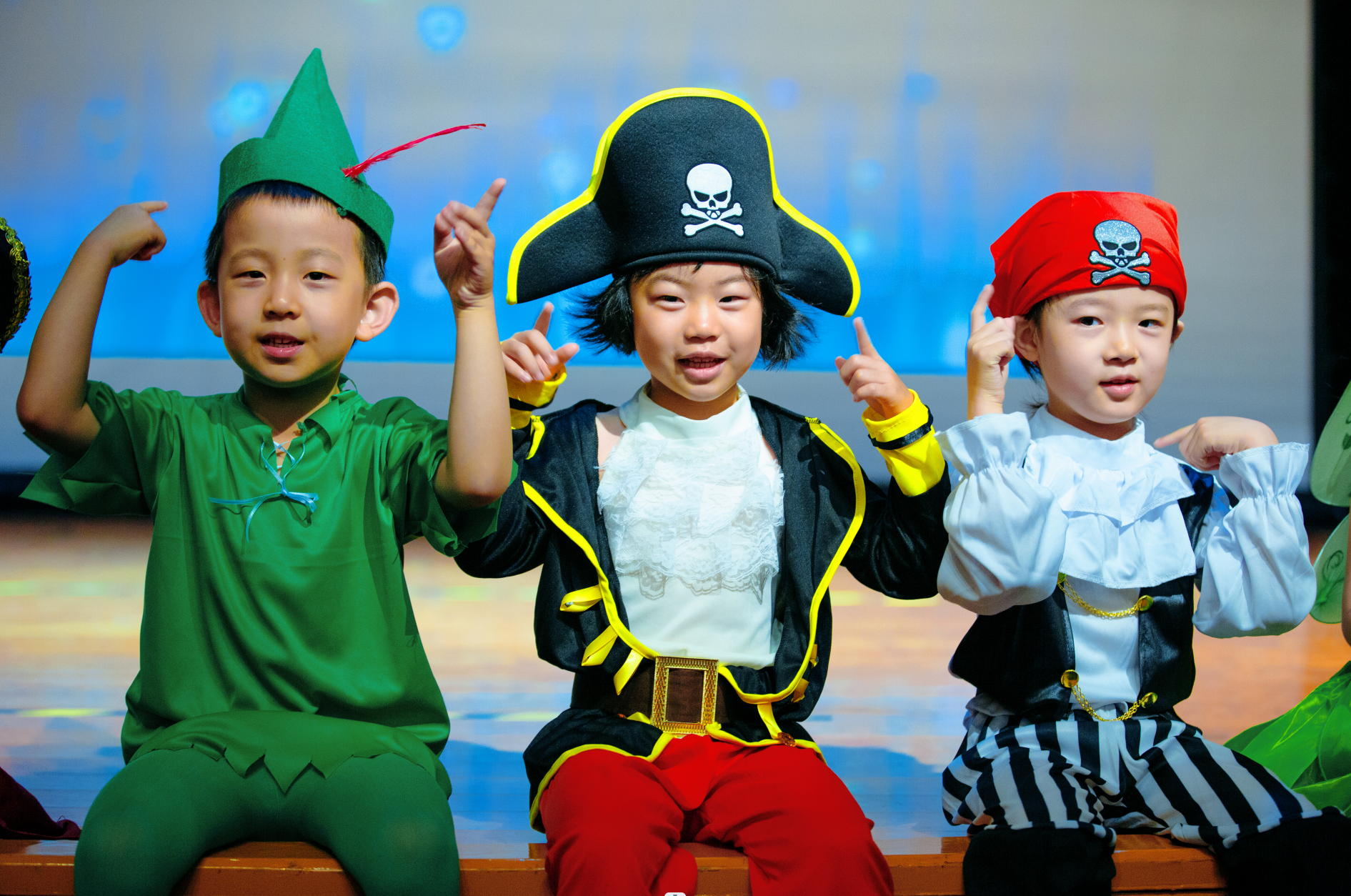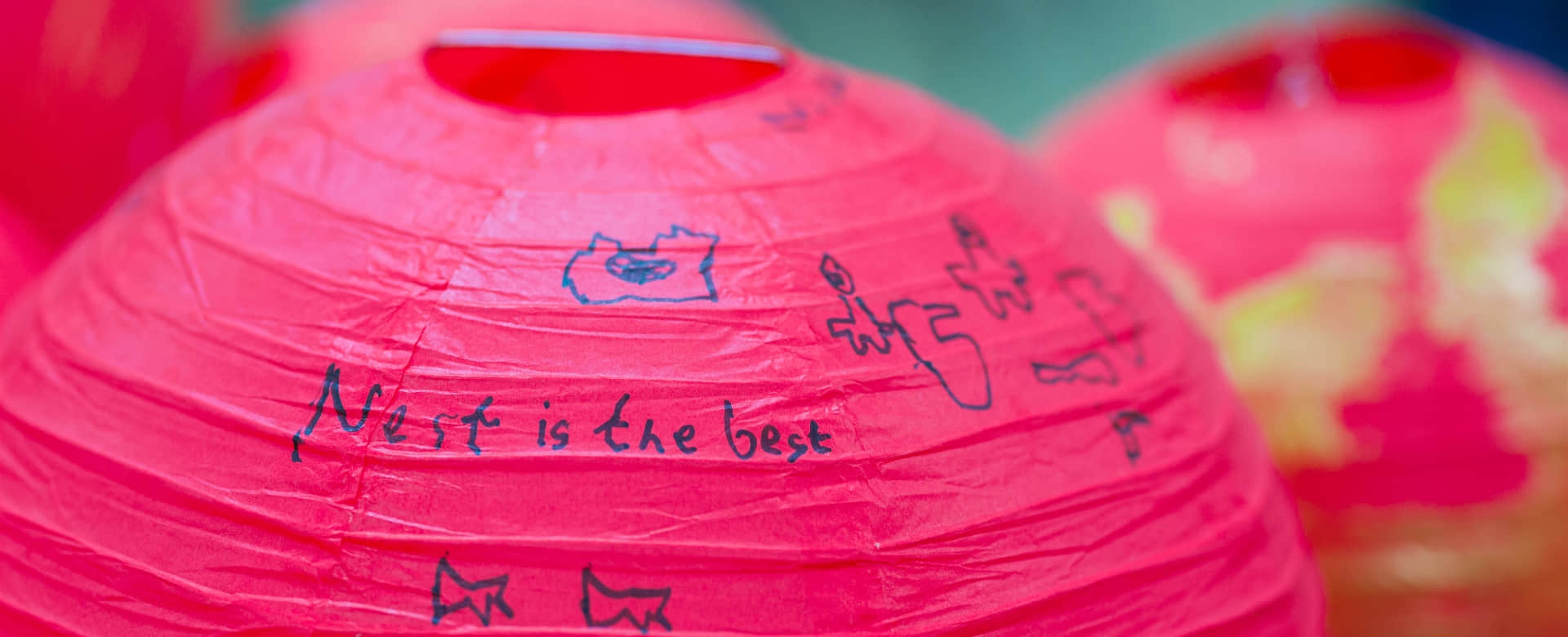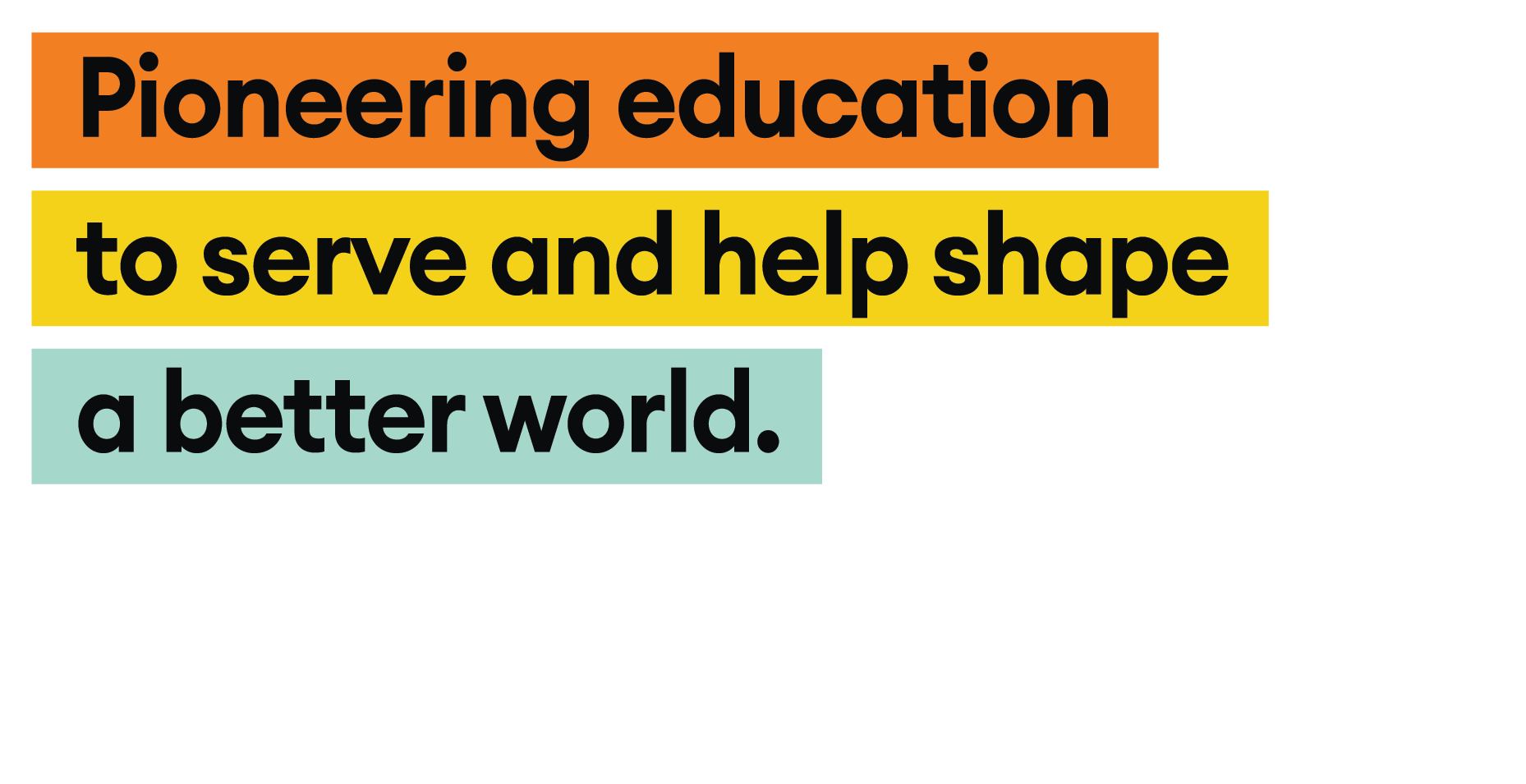Parent's Talk | Growing up with My Children
#WeareWellington# In this Series, we invite pupils, parents and staff from the Wellington community to share their experiences and impressions on what education means to them. Today, we are very honoured to invite Abby and April’s parents to share their feelings and experiences in the Nest. Abby is in Eaglets, while April graduated from the Nest and is now a year 3 pupil in the Junior School.
Abby and April
with their parents
When we were choosing a nursery for April, we compared many nurseries. As we learned more and more about the Nest, we agreed with the educational system and the ethos of Wellington very much. So, when we were choosing a nursery for April’s little sister, Abby, we sent her to the Nest directly without any hesitation.
April joined the Nest first. It was the year when the Nest had just become a bilingual nursery. We compared the Nest with some other nurseries that we knew in Tianjin. For the Nest, first of all, we thought the facilities were outstanding. We agreed with the ethos very much because we believe that the world will be increasingly diverse in the future. We hope that our children could get to know more and be open-minded, inclusive and internationalized.
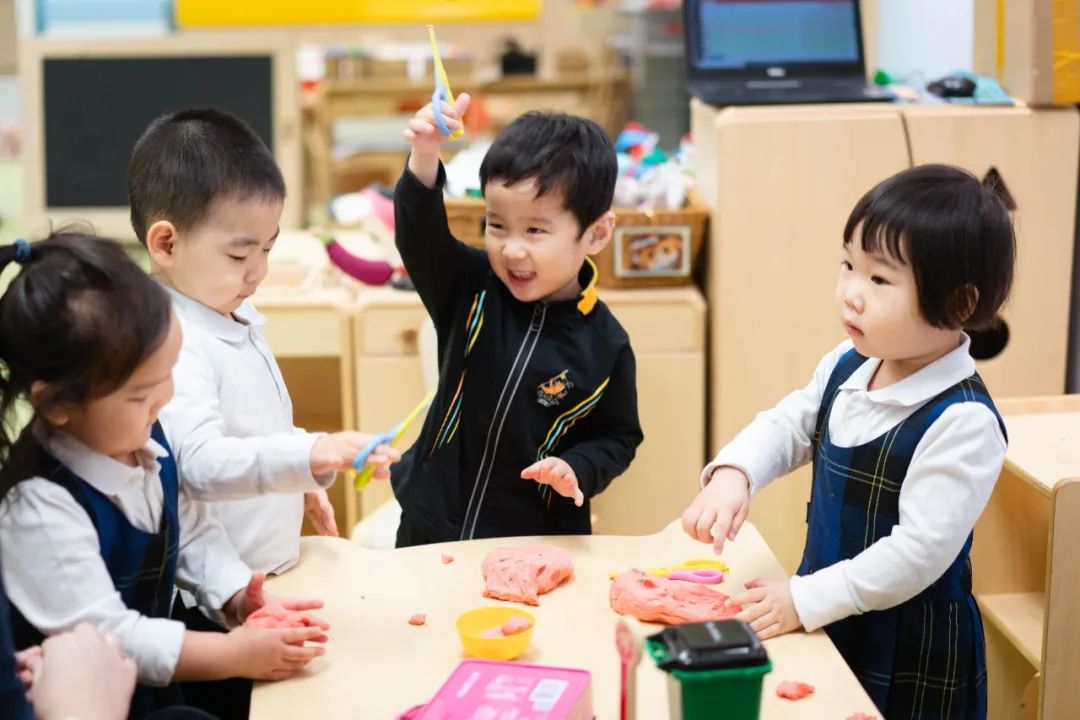
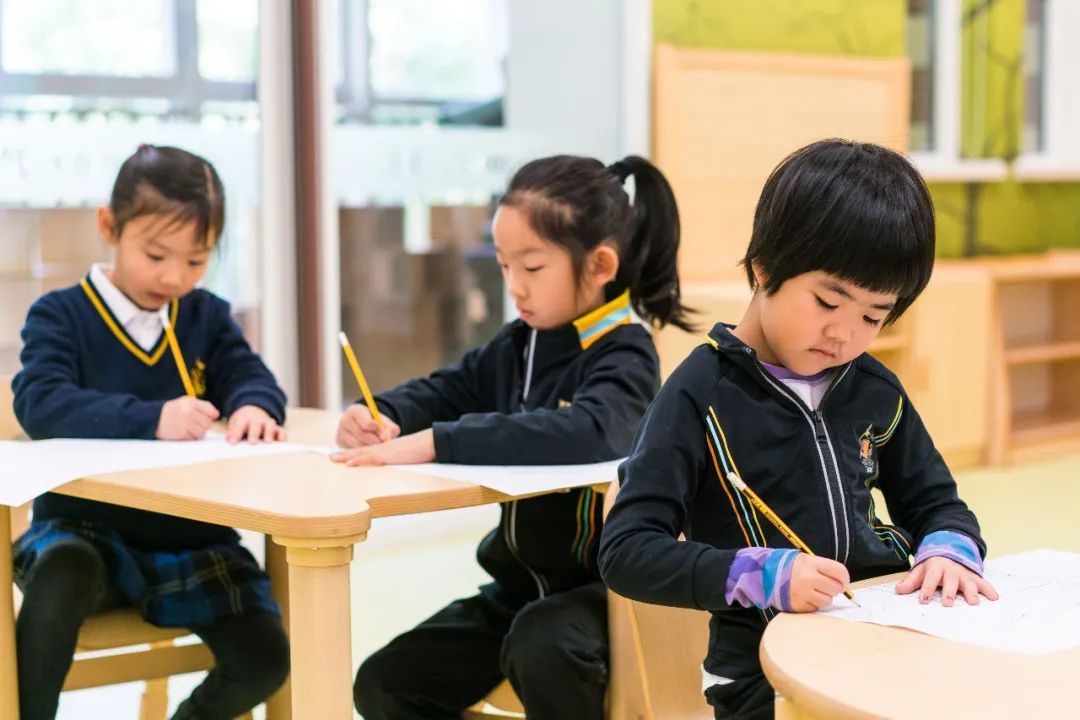
First of all, it was because we have been here for a few years and we think the Nest is good. We can also see how April has developed the traits that our family also appreciates. For example, she has her own ideas. We also think her development on independence is really good. The most important reason was that Wellington also has Junior and Senior schools. This meant that April could continue to benefit from the good learning habits she developed in the Nest. We think for the children, the transition from nursery to primary school is very important. We believe, and still do, that Wellington was the best choice for April because she didn’t have to go through any big changes. Her learning journey is consistent here.
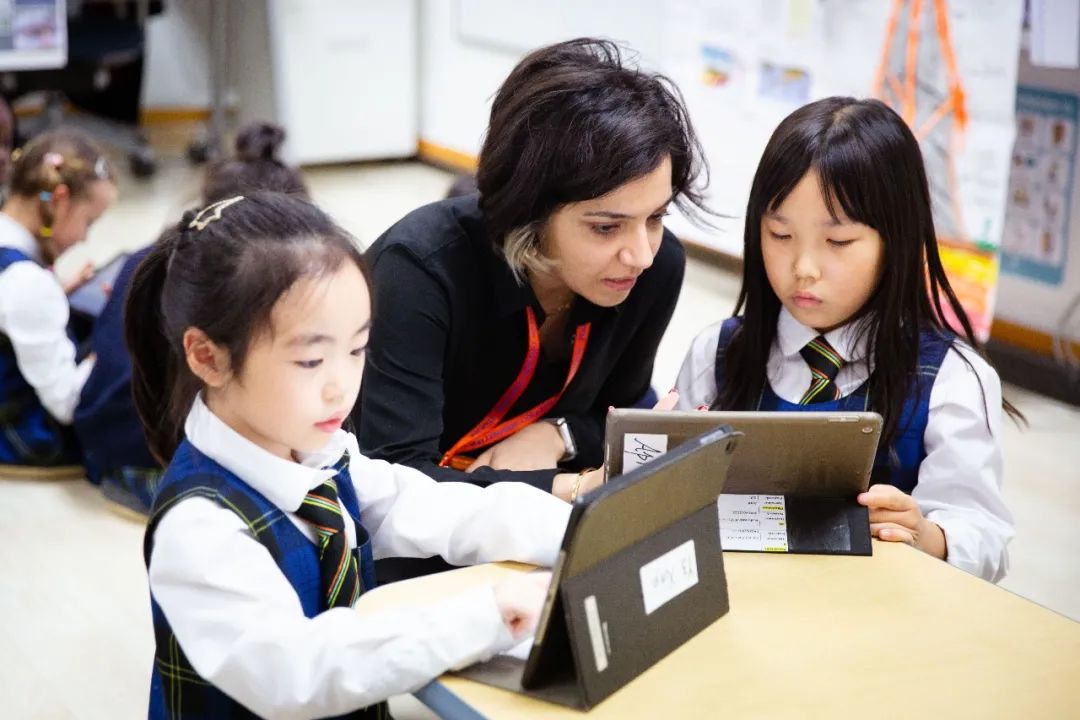
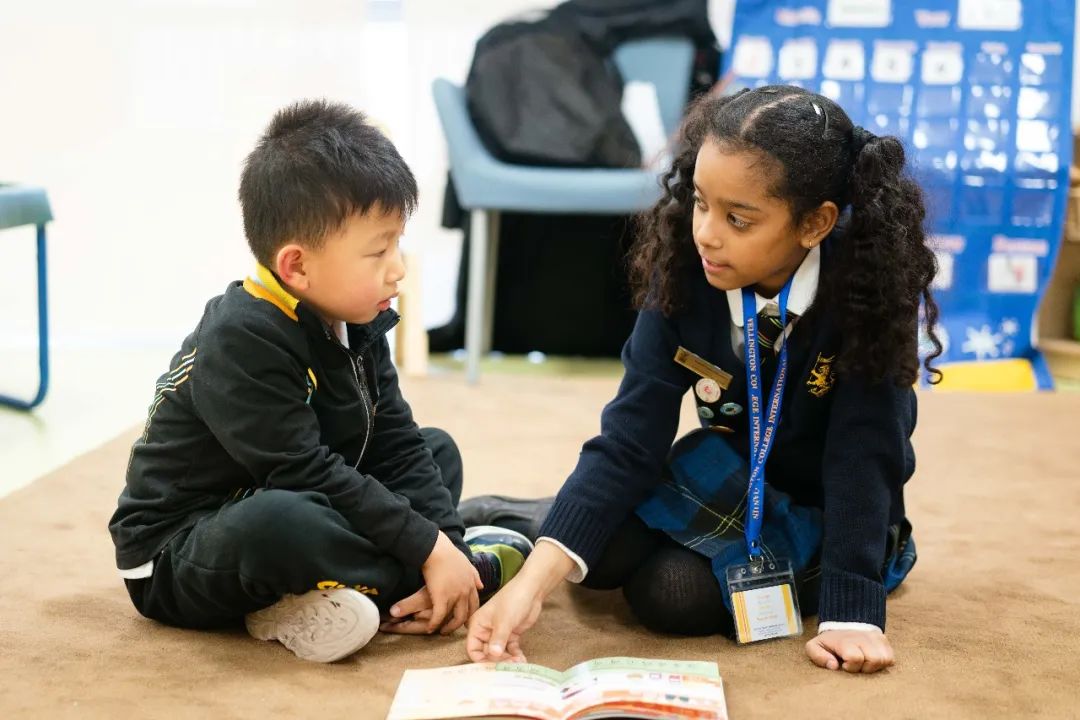
When we sent April to the Nest, she was quite emotional at first. After all these years at Wellington, she has never had a day that she was not happy nor unwilling to go to school. Plus, when we talk about independence, it’s not only about her learning. We think holistic development is important. For example, she can do many things by herself and not only at home. The school is also teaching her things, including how to take responsibility for her own behaviour. We completely agree with the school’s ethos. Talking about her development, we can see that she has changed and improved a great deal from previous years and this is great to see.
In addition, we think Wellington does a good job in parent-school communication, which we believe is very important. Compared with other schools, Wellington communicates with the parents very closely. The College pays close attention to each child so that the parents know about any changes on a daily basis. Teachers communicate and work together with the parents to solve any potential problems and to support April or Abby’s development. We think this is very important.
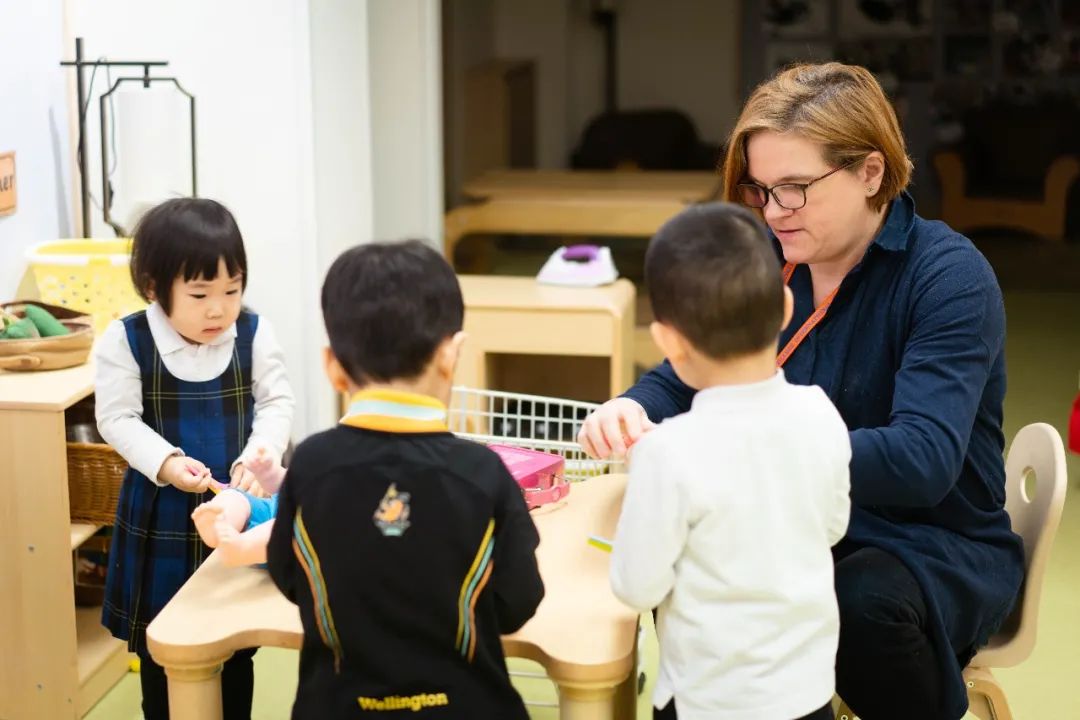

The children have changed a lot. For example, compared to other children that I know, both April and her little sister Abby developed independent skills earlier than other children. I think it’s important to communicate with the teachers as well. Sometimes Abby says that she doesn’t want to go to school, not because she doesn’t like school but because she wants to be with dad and mom. When she gets to the school gate, she is always happy to go in, so we think the teachers have done a really good job. The relationships between the children and the teachers are also very good. The children are never rebellious or bored, which shows that the teachers are working very closely with the children.
Here at the Nest, the school offers a bilingual differentiated curriculum for the children. I never thought that one set of standards could work for all the children. Take my children as an example. April is a little bit younger than other children in her year group because she was born in the first few months of the year. A child who is a few months younger might have different needs. Our teachers always focus on each child individually to make assessments for them. Including our ethos, I think it’s very reasonable.

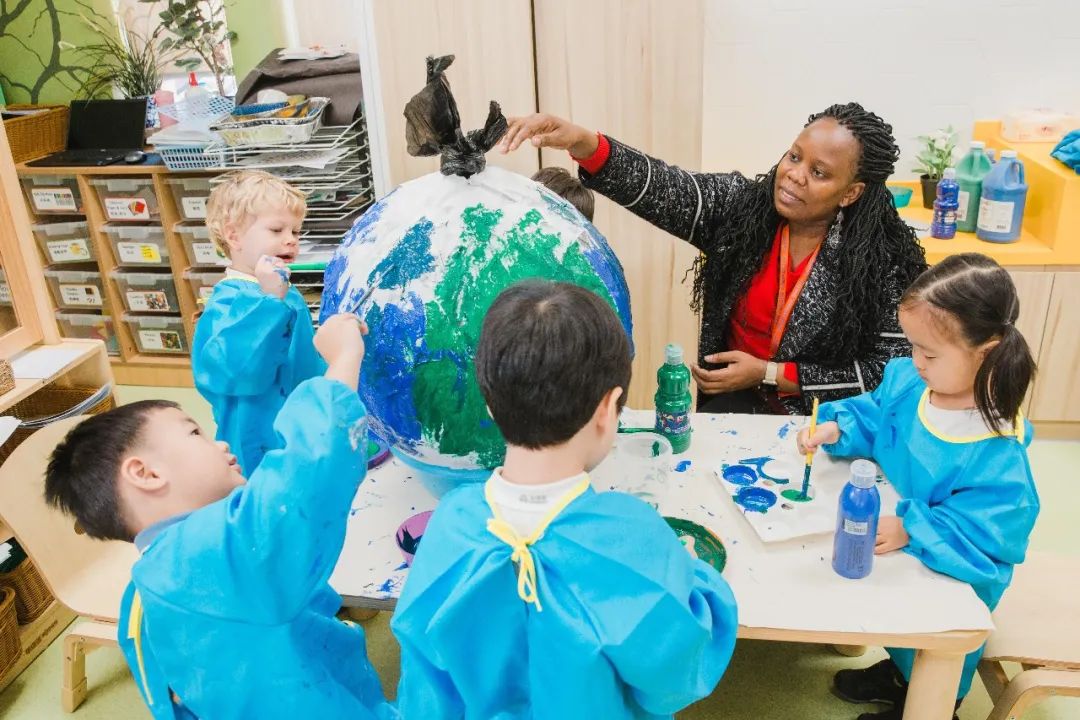
When April was in Reception, her teacher at that time, Ms Jordan, posted a report of her observations of April on Tapestry. She mentioned to us that she had taught April a song which she couldn’t completely sing like the other children at that time. However, a long time after, when April was playing, she suddenly sang that song completely. Ms Jordan captured the moment and posted it on Tapestry for us to see. I felt so impressed because according to the theory that we learned when we were little, we only focused on how well we did in our exams. But the feedback from the Nest team truly made us feel that the teachers carefully observe the children and they really care how the children learn and take in information. Ms Jordan is so patient. It had been a long time, but she still remembered. It was really impressive for me. After April went to the Junior School, I realized that she picked up slower than others. She is not as fast as other children, but after learning for a while, she can really master the information. I think this also inspired us as parents about how to look at the children’s academic performance: to not spend too much attention on grades or performance all of the time.
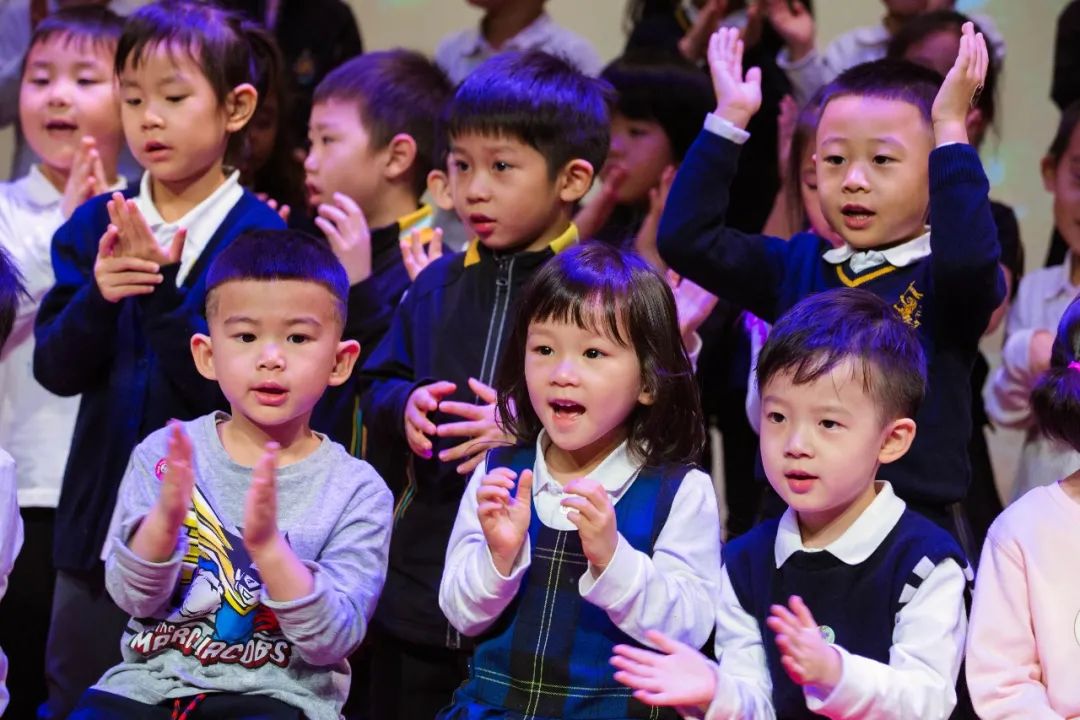

To be honest, all parents get anxious and worried now and then, including us, but the school can always give us support and confidence, especially now as we know the school and the teachers really well. For example, Ms Nini gave a presentation at a parent’s briefing about growth mindset this year. She had just returned to work after giving birth and while she was away, she had studied and researched intensely about growth mindsets and shared this information with us. I think you can tell that a teacher who has been with Wellington for such a long time like, Ms Nini has a huge passion for education. We can see how she has developed over these years. The teachers are dedicated to their roles and we can see how they and the Nest has developed over time. That’s why we became more and more secure and happy about the Nest.
The Nest keeps developing. It grows and changes every year and all the changes are positive ones. It’s becoming better and better. The first year when April came here, the Nest became bilingual. In this bilingual environment, the Nest developed to suit the pupils and the latest educational theories. It combines the best of Chinese and Western education, which I think is very precious. It never stops when it does a good job. It keeps developing. We think this is really good. We can feel the changes because our children are here. After April graduated from the Nest and now Abby is here, the Nest is still providing new ideas and new knowledge to us. Abby is in the Nest now and we think she will learn even better than her sister because the Nest is always developing according to the children's needs. We think it’s important that the Nest keeps making progress.
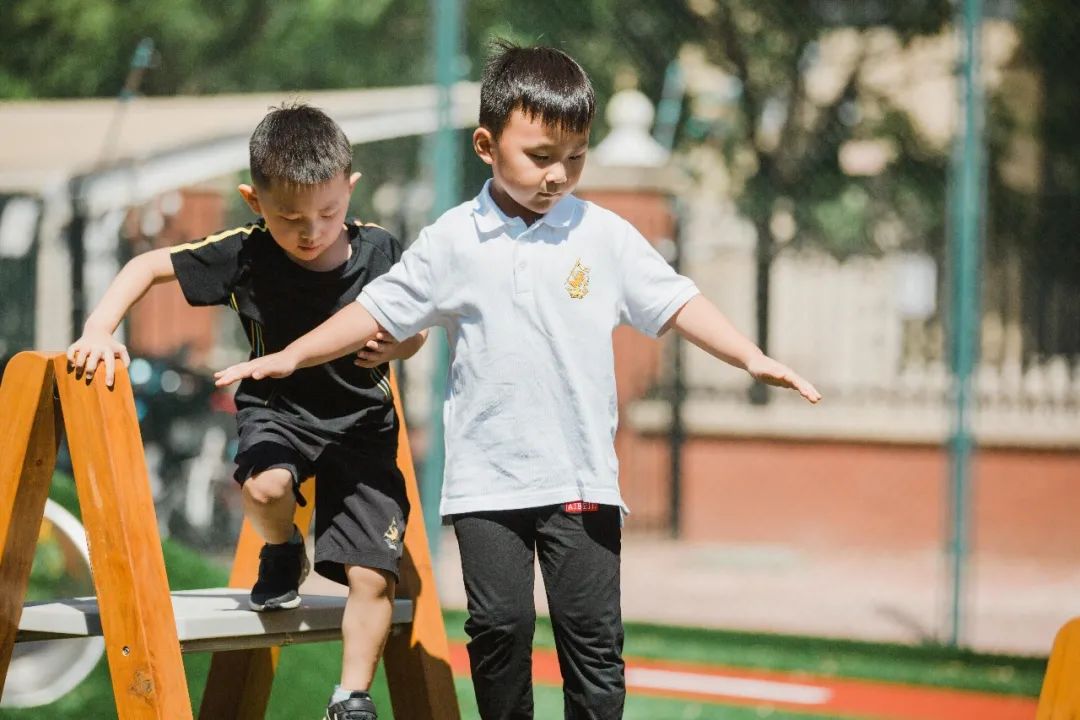
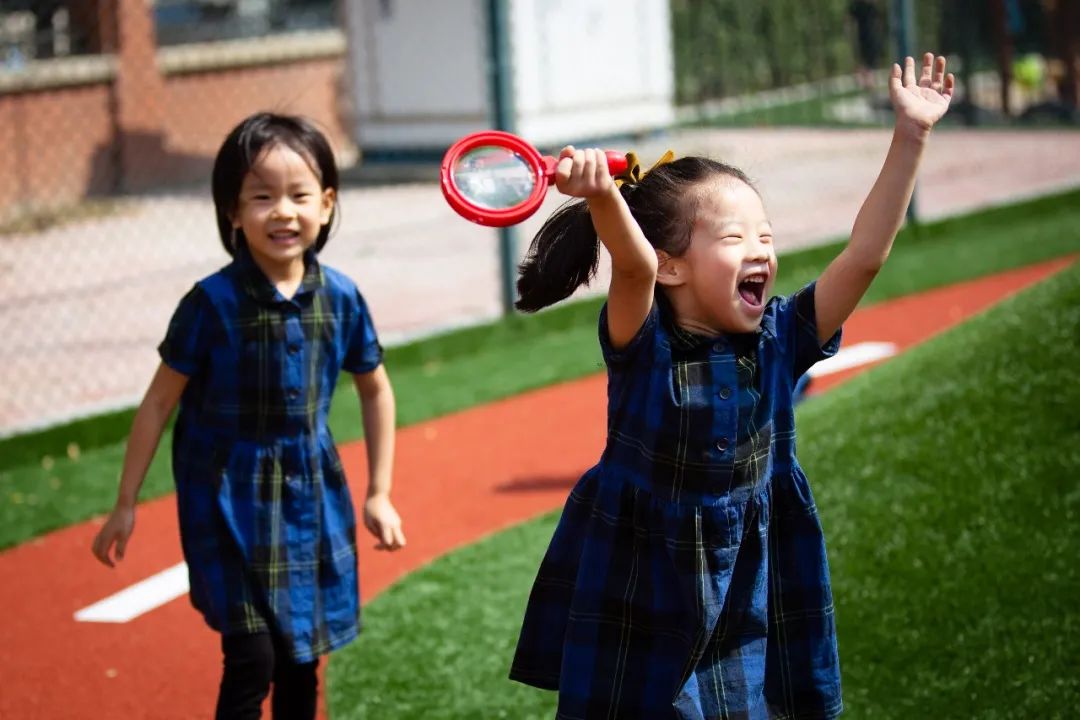
When April was in the Nest, we had just started to learn about bilingual education. At that time, what we expected was that she would speak more fluently in English. However, after April spent more time learning here, including when she went to the Junior School, I started to learn what the real benefit of a bilingual environment was. Being able to speak more English was not everything, because of the immersive bilingual environment here, it’s only a matter of time that the children start to speak English today or tomorrow. Such a bilingual environment benefits the children’s thinking ability and their learning methods and ability. Compared with only learning one language, or like some other nurseries where the expatriate teachers only teach one or two lessons, the children have a totally different experience here.


Bilingual education is not only about speaking English. To teach the children two languages simultaneously is more important to me. We could feel one of the biggest changes here. In the past, the expatriate teacher would say something to the children, and the Chinese teacher would translate what was said and let the children understand. But now, instead of translating, the teachers teach in two languages. It’s not simply translating what the other teacher says. It’s on top of that, the children understand something already and the teachers introduce it accordingly.
For example, for native Chinese speakers, we let them learn knowledge to a greater extent with Chinese, and the expatriate teachers explain certain terms. I think such a teaching method works really well for children in their early years especially when they haven’t established their understanding of the world yet. They need their mother tongue to establish that so that they can develop in both languages in the future. If we only teach in English, for some children, they can’t even understand what the teachers teach. So, I think that’s a good change and important for the children.

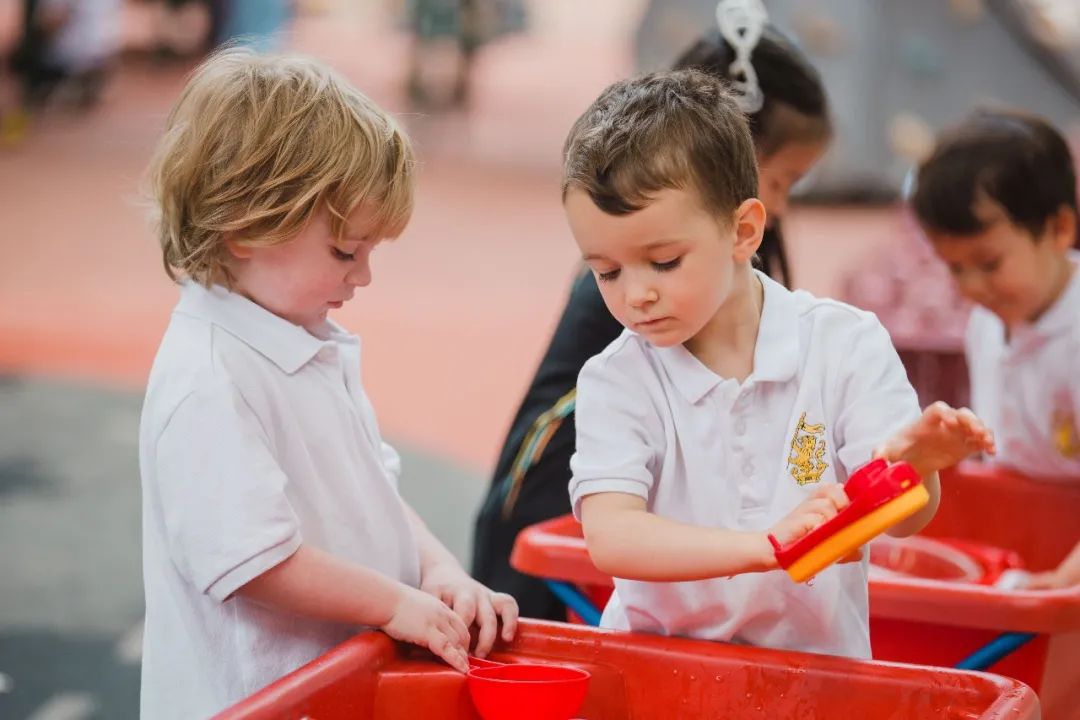
The parent’s briefings were the most impressive for me. I think those are very important for the parents. Perhaps there is no mother in the world who is not worried about her child. More or less, we are all worried about our children. But when you sit together, and talk about what you are worried about, and hear that others have a solution to your problem, you feel it so much, because our children are in the same environment, the experience of those parents is even more worthy to learn from. Recently the school restarted events with the “Friends of Wellington”, this means more choices of colourful events for the parents. We are very happy to take part in those events. Whenever there are events offered to the parents at school, we always try our best to participate.
I feel we are closer with our children through these events. You know what they are doing, or when you talk about something new at school, they also know. For the children, they spend more time at school than at home. The time you spend with your children at home is actually quite limited. But in an environment that both you and the children are familiar with, you can have so much more to discuss. I think it helps parents a great deal to communicate with their children. Such kind of communication is more efficient and meaningful.

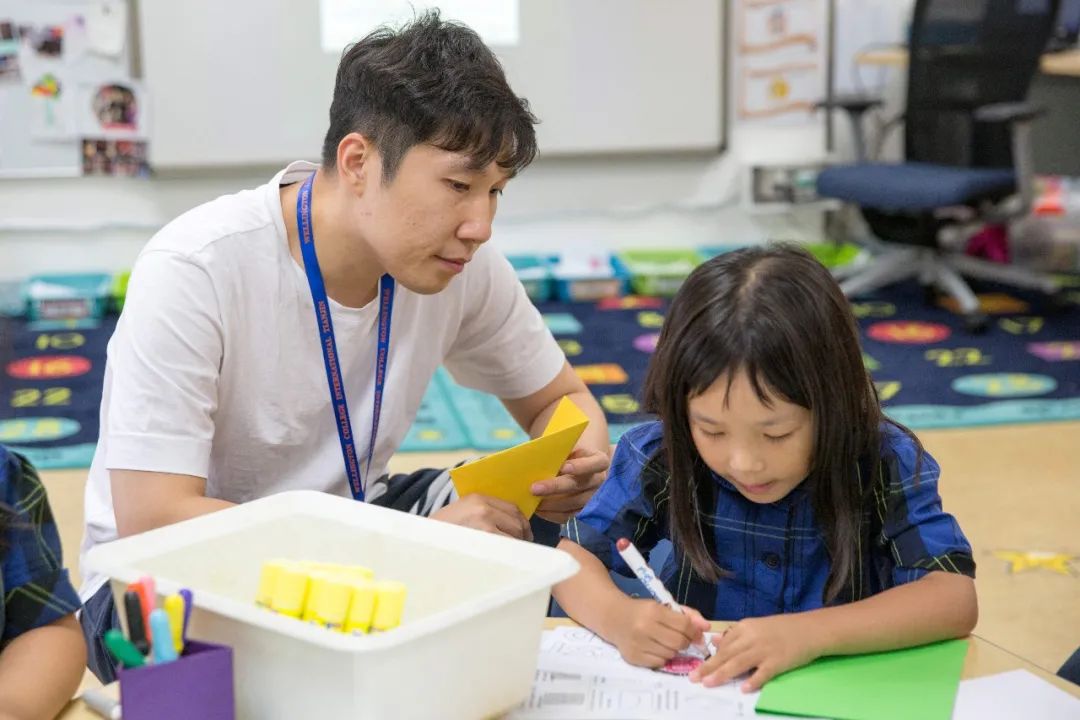
As we are both only children, I don’t have any experiences to learn from. But we have always tried to keep a warm environment at home. We kept telling April, that when you have a sibling, if every member of this family tries their best to do what they can do, it will be better than having only one child. When they are at school, they actually have interactions. April would come to the Nest during break times to see her sister and Abby would be really happy to see her sister, too. We probably can’t understand this kind of relationship because we don’t have any siblings, but through their communication, we can feel that they really love each other.
Of course, when you have two children at home, it can get very noisy, it’s not always nice and beautiful, but I think this is real life. From such an experience, I think they can both learn a lot. Families with only one child maybe can’t feel this kind of an emotional connection. I remember sometimes when we asked Abby when she returned from the Nest, “How was your day? What happened?” She would tell us something. But when April asked her, “did you make new friends today?” She would tell her about her new friends and what she played. They have totally different conversations and different connections. We would love to see more of that. If you have more than one child, it’s so different. The whole family loves to see the emotional connections between the children.

Related Articles

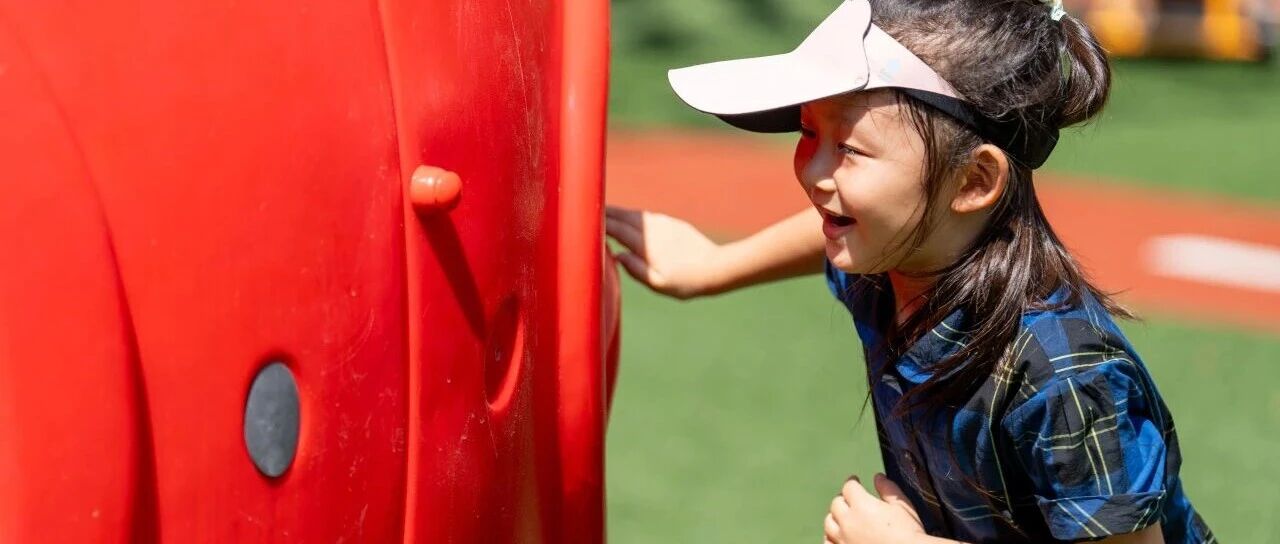






 Channel
Channel 
 Linkedin
Linkedin  Weibo
Weibo  Facebook
Facebook  Ins
Ins 

